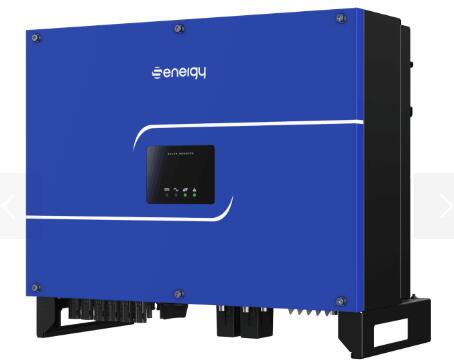Can I Power an Air Conditioning System via the Inverter?
An inverter is a device that converts DC (direct current) power from a battery or solar panels into AC (alternating current) power that can be used to power household appliances. In recent years, the use of inverters to power air conditioning systems has become increasingly popular, especially in areas where access to grid power is limited or expensive. However, the question remains: Can you really power an air conditioning system via an inverter? Let’s explore the answer.
Understanding Inverter Technology
To understand whether an inverter can power an air conditioning system, it’s important to first understand how inverter technology works. An inverter is essentially an electronic device that takes DC power and converts it into AC power. It does this by using a series of transistors to rapidly switch the polarity of the current, creating a waveform that is similar to the AC power you would get from the grid.
One of the key benefits of inverter technology is that it allows for much more precise control over the power output. Unlike traditional generators or UPS systems that simply provide a constant output, an inverter can adjust the frequency and voltage of the output to match the needs of the device being powered. This means that an inverter can provide stable and reliable power to even the most sensitive electronics.
Powering an Air Conditioning System via Inverter
Now that we understand how inverter technology works, let’s explore whether it can be used to power an air conditioning system. The short answer is: it depends.
Air conditioning systems are typically designed to run on AC power that is supplied by the grid or a generator. However, some modern air conditioning systems are designed to be more energy-efficient, and they may include an inverter compressor that allows them to run on DC power.
If your air conditioning system has an inverter compressor, then it may be possible to power it via an inverter. However, there are a few important things to keep in mind.
First, you’ll need to make sure that your inverter is capable of supplying enough power to run the air conditioning system. Air conditioning systems can be quite power-hungry, especially when they are running at full capacity. You’ll need to calculate the power requirements of your air conditioning system and make sure that your inverter can supply at least that much power.
Second, you’ll need to make sure that your inverter can provide stable and reliable power. Air conditioning systems are sensitive to voltage fluctuations and frequency variations, so you’ll need an inverter that can provide a stable output.
Finally, you’ll need to make sure that your inverter is compatible with your air conditioning system. Some air conditioning systems may have specific power requirements or communication protocols that are not compatible with all inverters. You’ll need to consult the manufacturer’s specifications to make sure that your inverter is a good match for your air conditioning system.
Benefits of Using an Inverter to Power Your Air Conditioning System
If you’re able to successfully power your air conditioning system via an inverter, there are a few potential benefits to consider.
First, using an inverter to power your air conditioning system can be much more energy-efficient than using a traditional generator or UPS system. Inverter technology allows for precise control over the power output, which can help to reduce energy waste and lower your overall electricity costs.
Second, using an inverter can provide you with greater flexibility and independence. If you live in an area where access to grid power is limited or expensive, using an inverter to power your air conditioning system can give you more control over your energy supply.
Conclusion
In conclusion, while it is possible to power an air conditioning system via an inverter, there are several factors to consider. We are an inverter manufacturer. If you are interested in our products, please contact us now!





